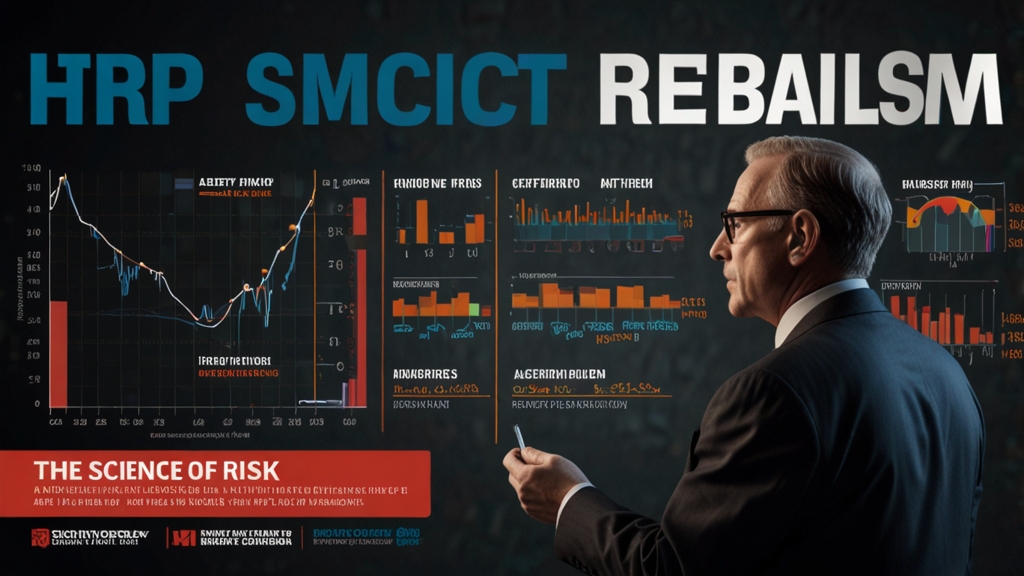The Future of Ethics: Trends That Will Shape Our World
In an ever-evolving world, the study and application of ethics have never been more crucial. As we stand on the brink of significant technological, societal, and environmental transformations, ethical considerations are set to play a defining role in shaping our future. From advancements in artificial intelligence to the escalating climate crisis, let's explore the ethical trends that will have a profound impact on our global landscape.
Artificial Intelligence and Accountability
One of the most prominent ethical challenges of our time is the rise of artificial intelligence (AI). While AI promises to revolutionize industries and enhance our daily lives, it also poses significant ethical dilemmas. Questions surrounding data privacy, bias in algorithms, and the potential loss of human jobs are becoming increasingly pressing.
As AI continues to develop, there is an urgent need for stringent ethical guidelines that ensure accountability. Future trends in AI ethics will likely focus on creating transparent systems that allow for human oversight, even as algorithms become more complex and autonomous. Ethical frameworks will need to balance innovation with responsibility, ensuring that AI developments are aligned with the broader good of society.
Environmental Ethics and Sustainability
The climate crisis is compelling society to rethink its relationship with the environment. As we face unprecedented environmental challenges, the principles of sustainability and stewardship will dictate future policies and practices. Ethical considerations around climate justice, equitable resource distribution, and the rights of future generations will be paramount.
Organizations and governments will increasingly adopt ethical guidelines that prioritize long-term environmental sustainability. Strategies that integrate ethical decision-making with ecological responsibility will be key to addressing climate change effectively. This shift will encourage a holistic approach, emphasizing the interconnectedness of economic growth, social well-being, and environmental health.
“Ethical behavior is doing the right thing when no one else is watching - even when doing the wrong thing is legal.” - Aldo Leopold
Data Privacy and Digital Rights
In the digital age, data privacy has emerged as a critical ethical issue. With the ubiquity of internet-connected devices and the rise of big data, individuals' digital footprints are more expansive—and vulnerable—than ever before. The debate over how to manage, protect, and ethically use personal data is intensifying.
Future trends will likely see stronger regulatory frameworks aimed at safeguarding digital rights. Enhanced transparency around data collection practices, consent mechanisms, and data usage will become standard. Individuals and institutions will need to work together to create a digital ecosystem that respects privacy while fostering innovation.
Bioethics and Genetic Engineering
Advancements in genetic engineering and biotechnology are opening new frontiers in medicine and agriculture. However, they also bring complex ethical questions to the fore. Issues such as gene editing, cloning, and synthetic biology challenge our moral and philosophical boundaries.
The future of bioethics will focus on responsibly navigating these revolutionary technologies. Ethical guidelines will be essential in ensuring that genetic advancements are used for equitable, humane, and sustainable purposes. Public discourse and interdisciplinary collaboration will be crucial in shaping ethical norms that reflect societal values and scientific integrity.
Social Justice and Equity
Social justice will continue to be a pivotal ethical concern in the coming years. Issues related to inequality, discrimination, and human rights require concerted efforts to create a fair and just society. Ethical trends in this domain will emphasize inclusivity, diversity, and the equitable distribution of opportunities and resources.
Policies and practices that embed social justice principles will be essential in addressing systemic inequities. Efforts to promote ethical leadership and corporate social responsibility will also gain momentum, driving significant changes in both the public and private sectors.
“Injustice anywhere is a threat to justice everywhere.” - Martin Luther King Jr.
Conclusion
As we look to the future, it is clear that ethical considerations will be fundamental in shaping our world. From technological innovations to environmental stewardship, data privacy, genetic advancements, and social justice, the ethical trends of tomorrow will define the trajectory of global progress. By prioritizing ethical principles, we can build a more just, sustainable, and equitable world for generations to come.














